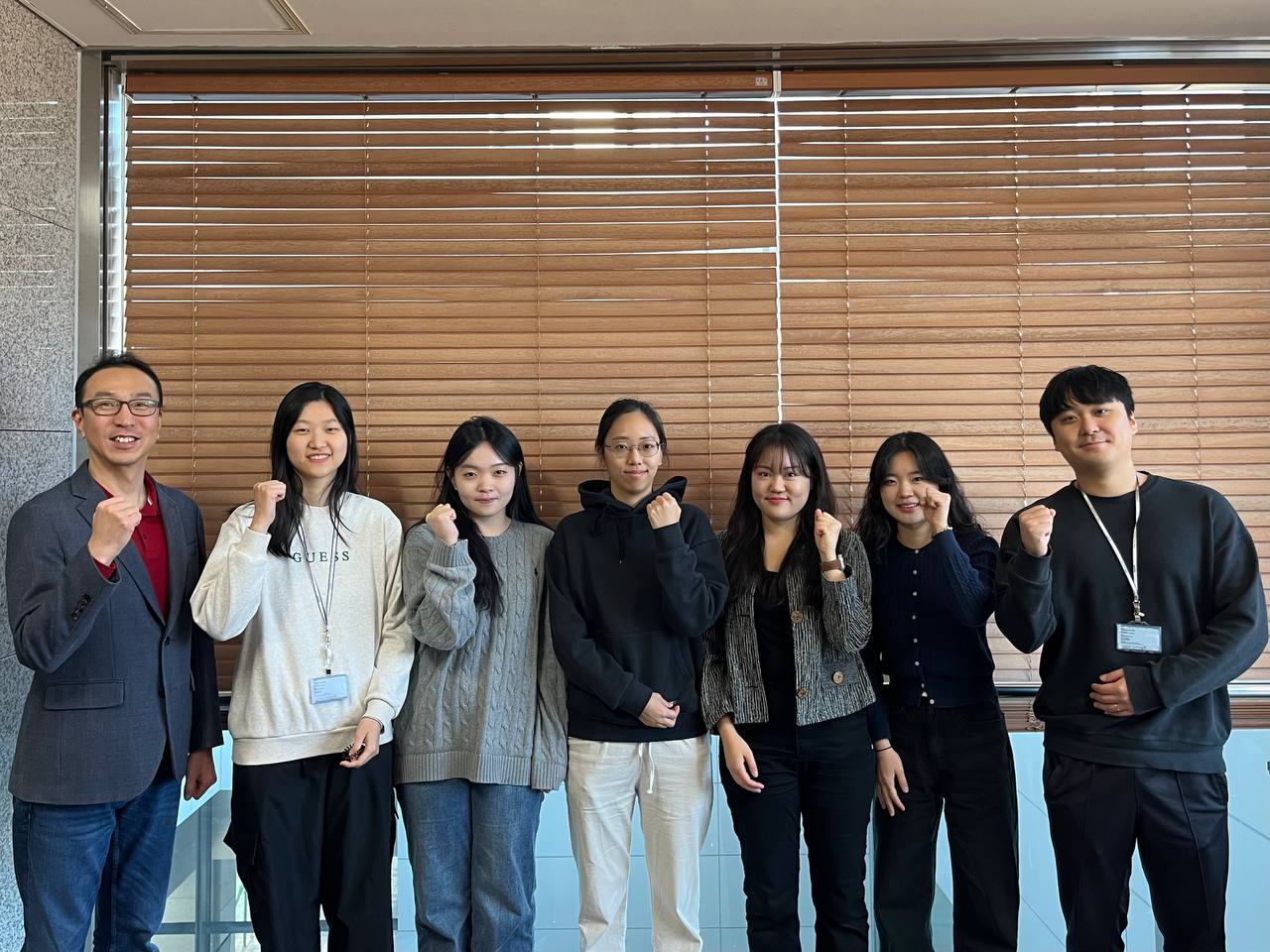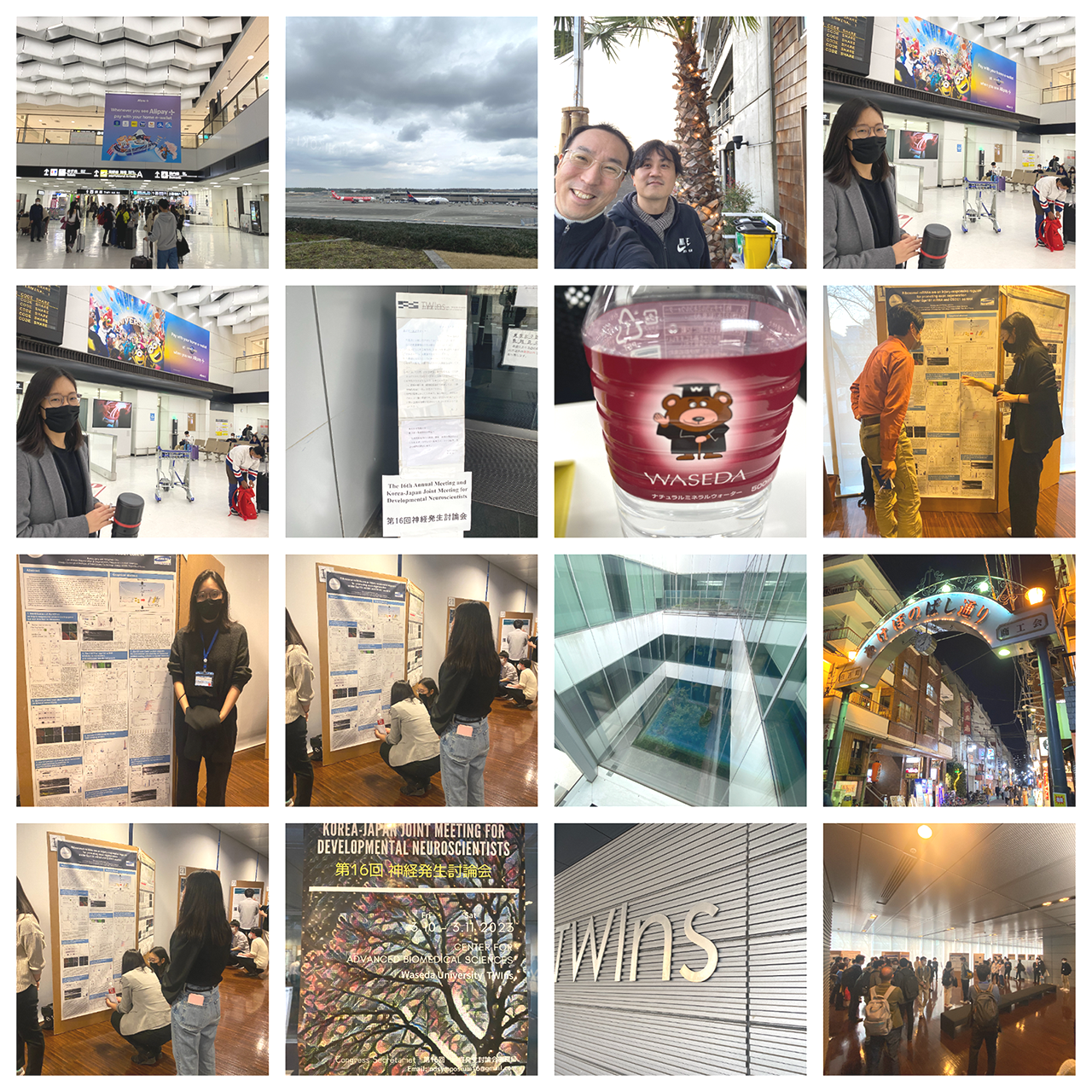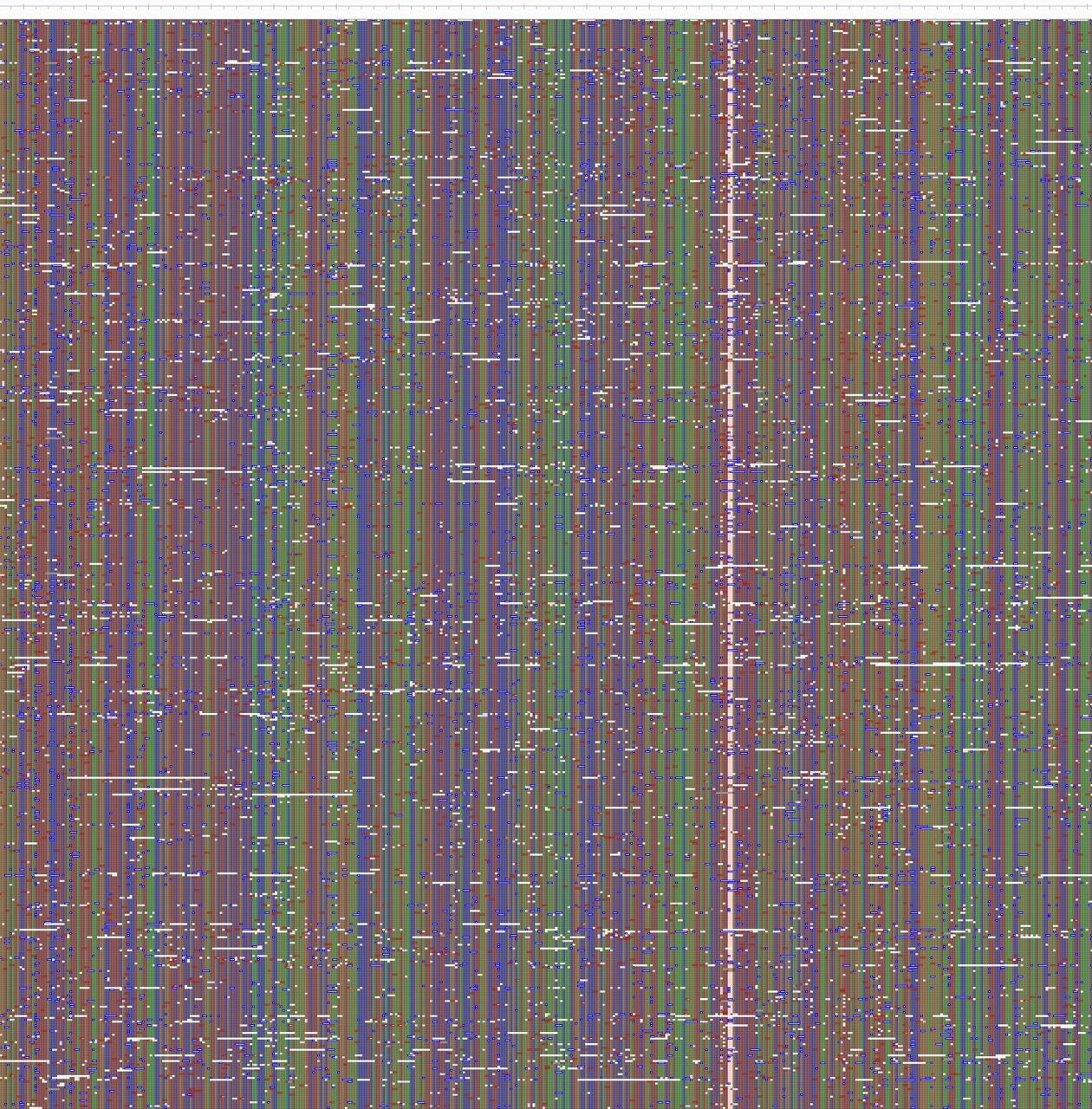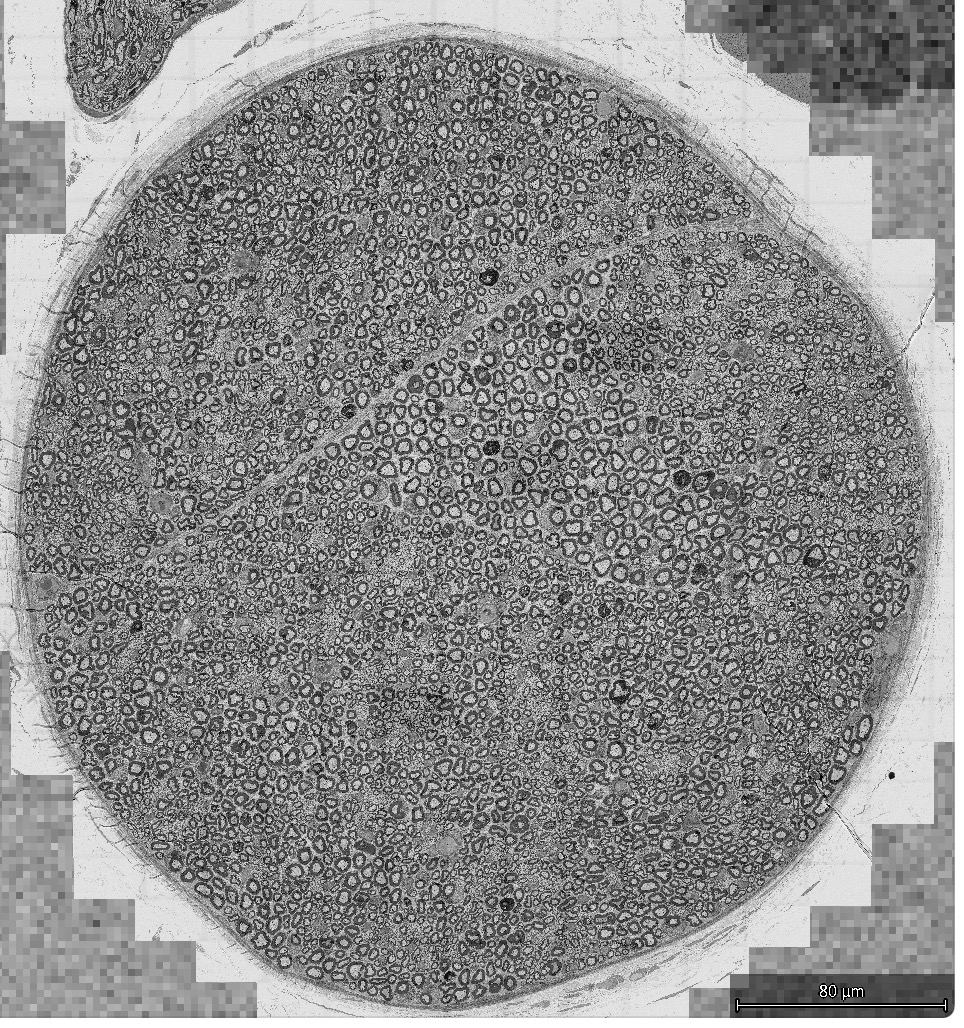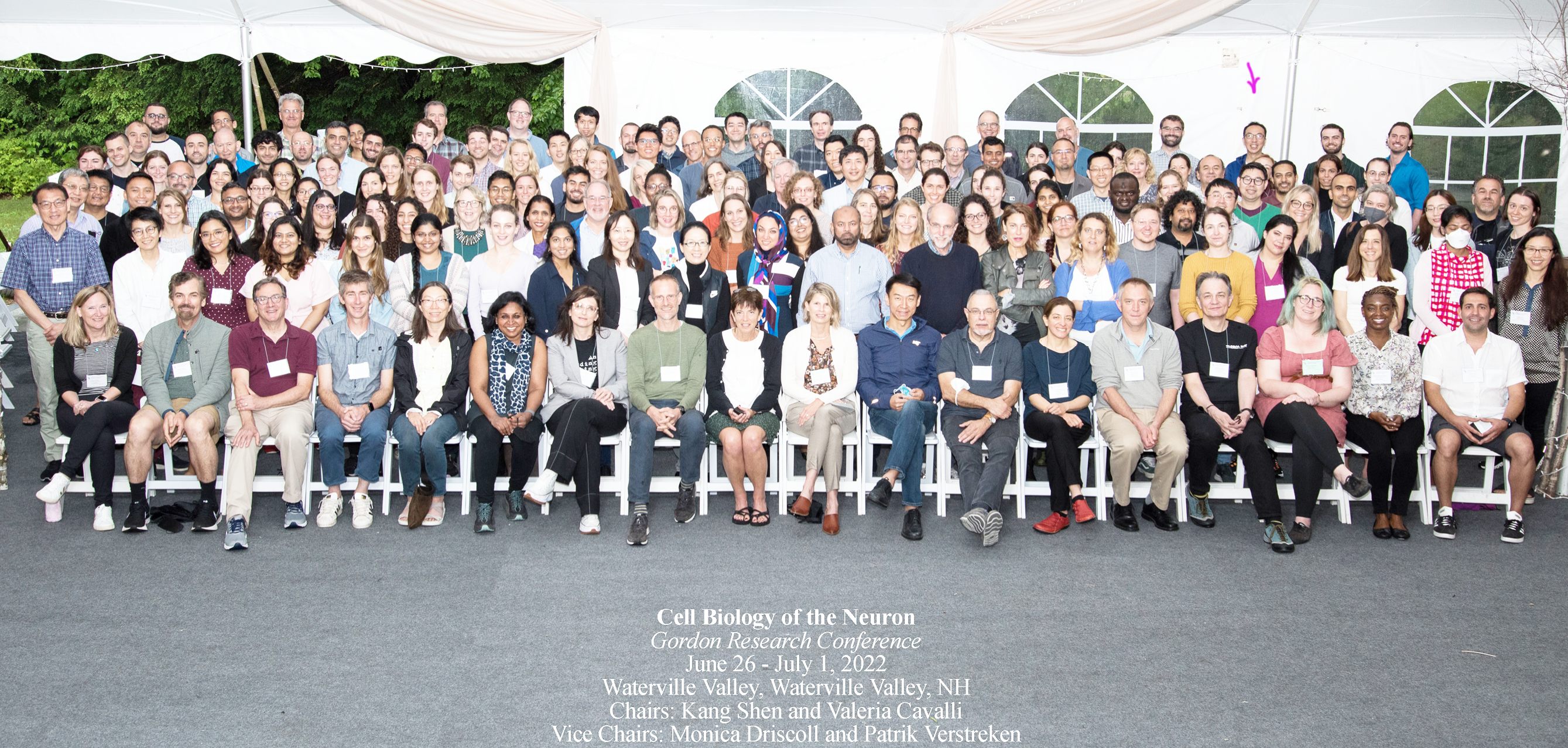News
- Shinlab.org, Shin's Lab webpage
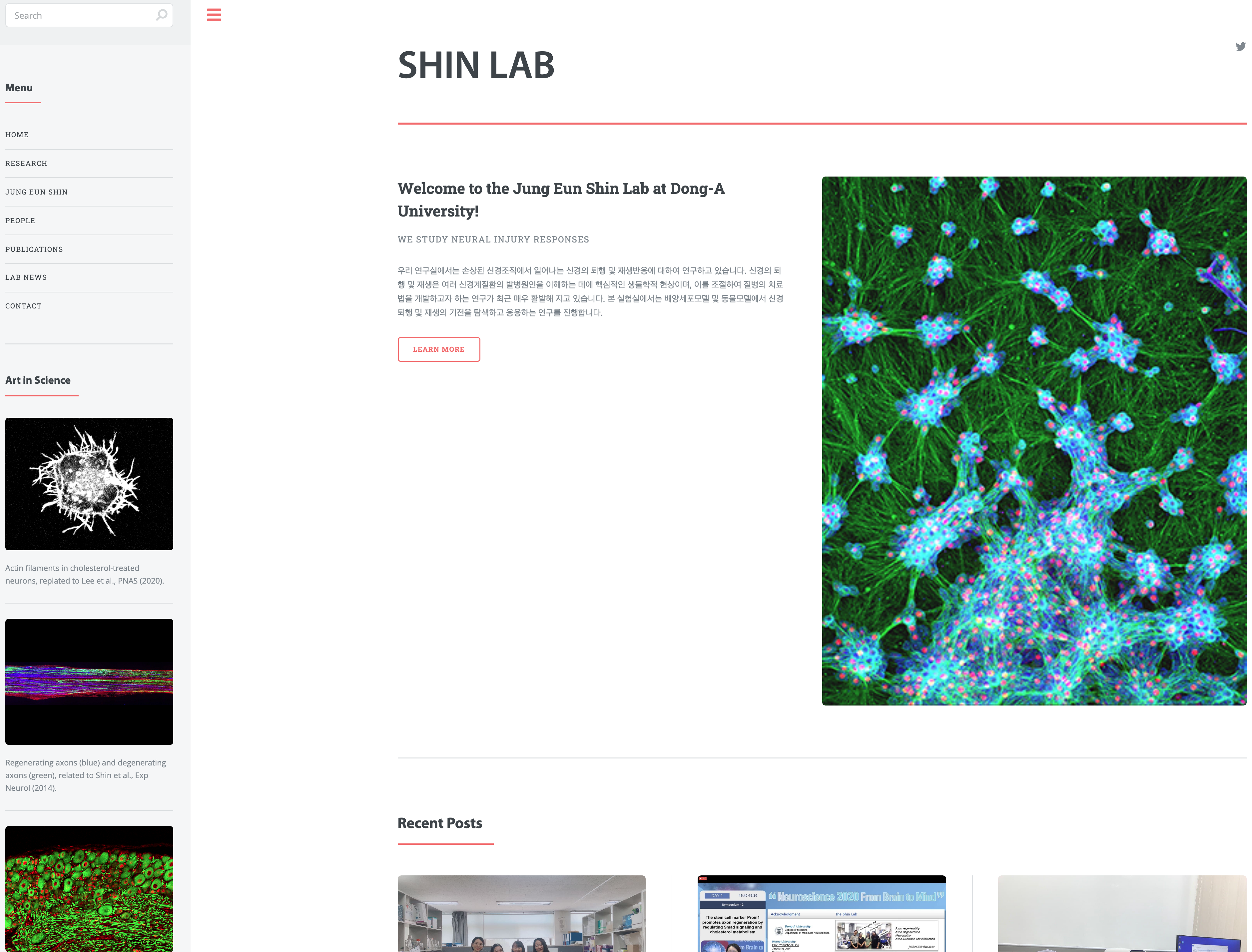
- Neurons have unique structures that are not commonly seen from other types of cells. That are axons and dendrites, long and thin linear branched cellular projections that connect one from the others. These strcutures are essential for the normal functions of neurons supporting the life of animal organisms for a whole time. Due to their morphology, they are vulable to injury potentially leads to the irrevisible damages.
- The failure to recover the original structures after injury generally results in the permamnent neurological disorders or paralysis from central nervous systems. However, some neurons in the peripheral nervous systems display amazing capacity to spontaneously regenerate their injured axons after injury, to fully recover the origianl functions.
- The primary question of our team is how some neurons have the potential to activate regeneration programs in response to injury, although others usuaully fail to do that. We use comparative analysis of epigenetic changes from diverse experimentla settings such as PNS vs CNS or regeneration-competent conditions vs inhibitory conditions to find the answers. The final goal of our reseach aims to find efficient methods for developiong applications for therapeutics.


